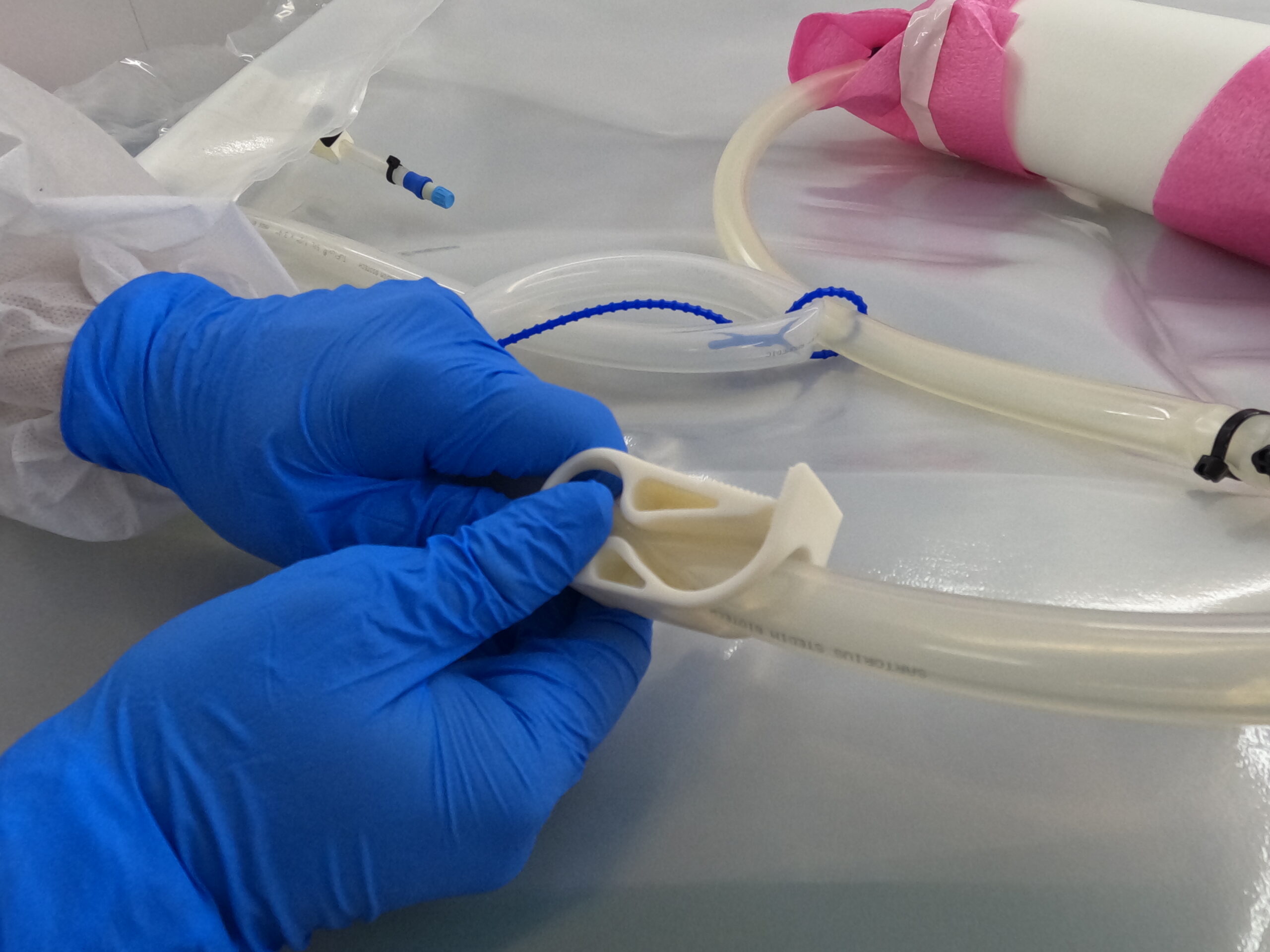posted by Phill Allen
November, 16th, 2015
Company News Pharmaceutical Industry News
UK pharmaceutical company AstraZeneca has added its voice to a group of leading industry bodies calling for a new economic model to fund antibiotic research.

Failure to change would have a “terrible human cost”. The open letter underscores warnings that drug-resistant bacteria could kill 10 million people a year globally by 2050. Urgent action at a governmental level was therefore needed to assist UK companies working in this area of development.
“Everything from routine surgical procedures, to cancer chemotherapy, organ transplantation and even childbirth will become increasingly dangerous” without new antibiotics, says the letter published in the Financial Times.
“Beyond the terrible human cost, if we fail to act now, antimicrobial resistance is also expected to cost the world economy $100tn a year by 2050,” the letter added.
Close to three decades have passed since the release of the last new class of antibiotics, but proponents of renewed action point to positive signs with AstraZeneca, GlaxoSmithKline and US drugmaker Merck all working on new products.
Earlier this year the government commissioned Treasury economist Jim O’Neill to deliver a report in spring 2016. In preliminary findings back in May, Lord O’Neill said a $2bn global antibiotic research fund was needed, urging the government to make upfront payments for successful new antibiotics.
Incentivising investment
BioIndustry Association chief executive, Steve Bates, told the BBC that companies needed to be rewarded for investing, but warned against encouraging the overuse of antibiotics.
Mr Bates, who also signed the letter, suggested an insurance-like system whereby the government paid a fixed fee for antibiotics. This, he explained, meant manufacturers would not only put resources into researching drugs that maximised sales.
“In the past, this was an area where there was the possibility for global companies to make a significant return on investment,” he commented.
“That’s changed and now companies look at different areas. We need to rebalance this so they can come back into this space once again.”
Other signees on the letter include John Rex, a senior AstraZeneca executive; Prof Jayne Lawrence, chief scientist at the Royal Pharmaceutical Society; Prof Colin Garner, chief executive of Antibiotic Research UK; Prof Luigi Martini, of King’s College London; and Jeremy Lefroy MP.
TAGS:
antibiotic, AstraZeneca, pharmaceutical industry,
SHARE:
Author
Phill Allen
Managing Director
Phill is an innovative thinker particularly in fluid management. His expertise lies in ensuring the seamless flow of pharmaceutical liquid logistics, whether it's optimising current processes or pioneering new approaches.




